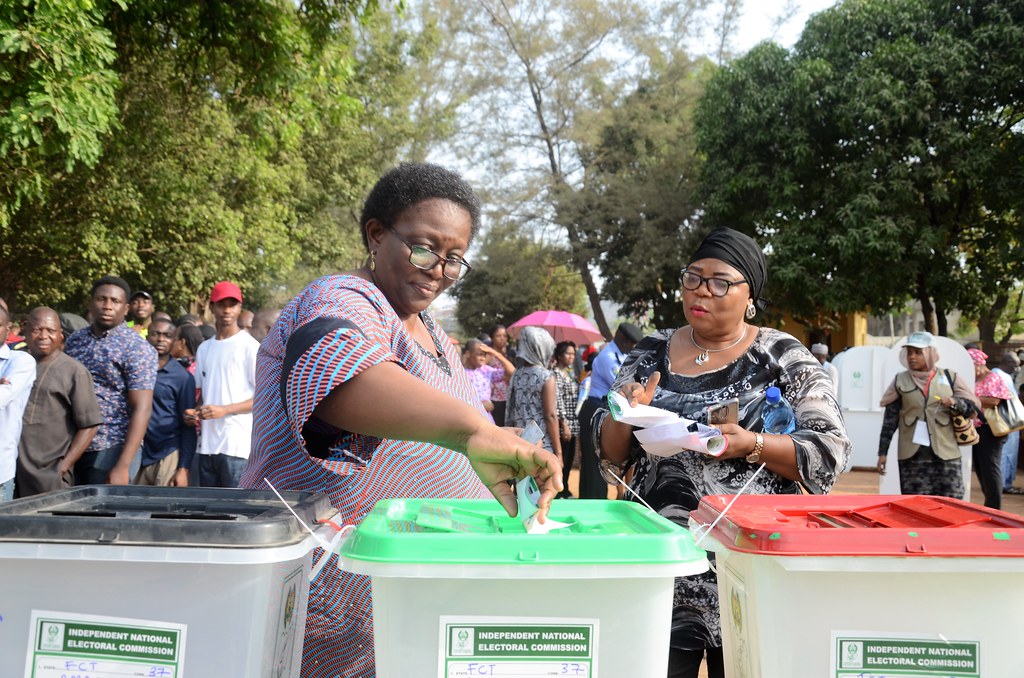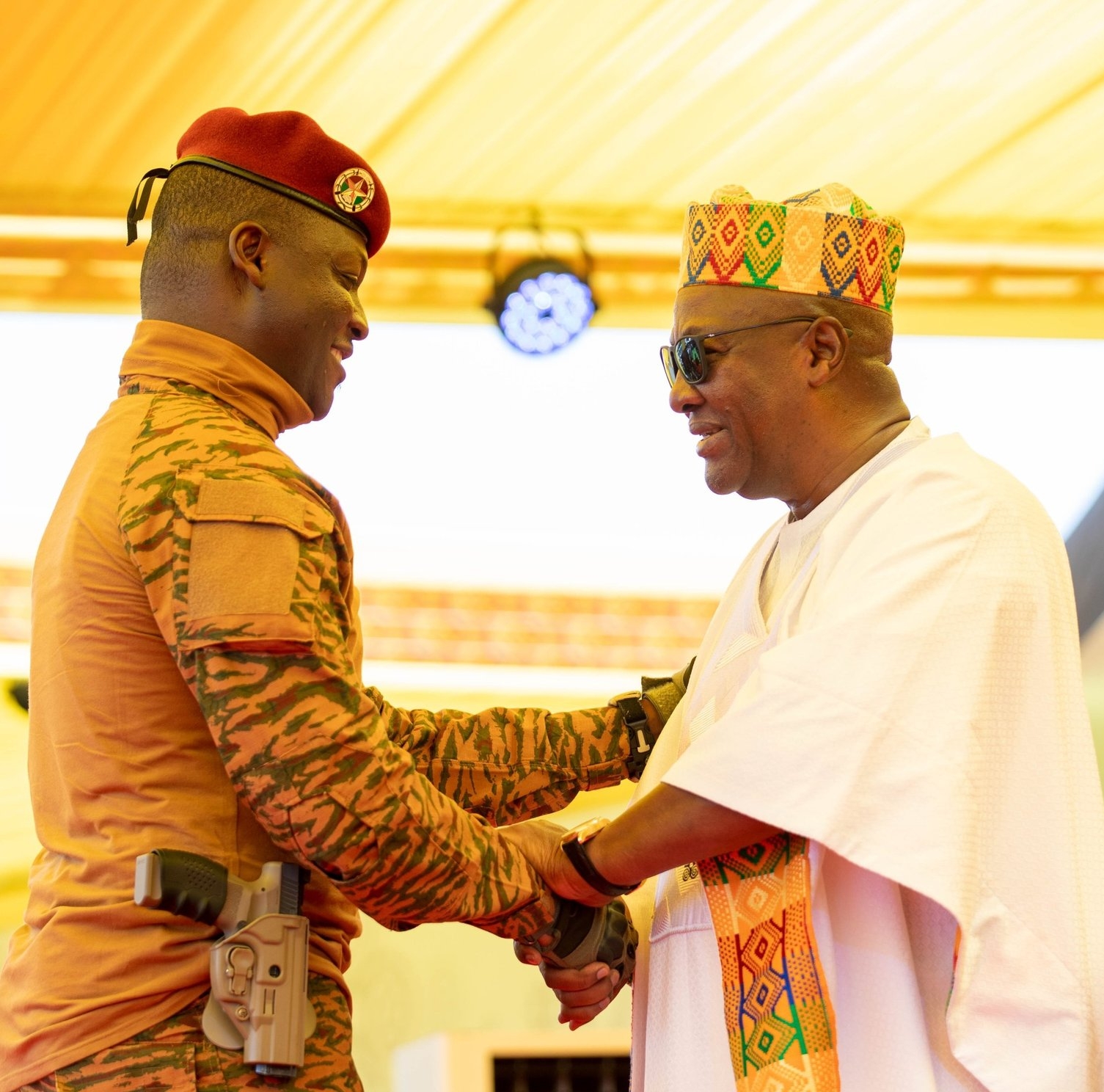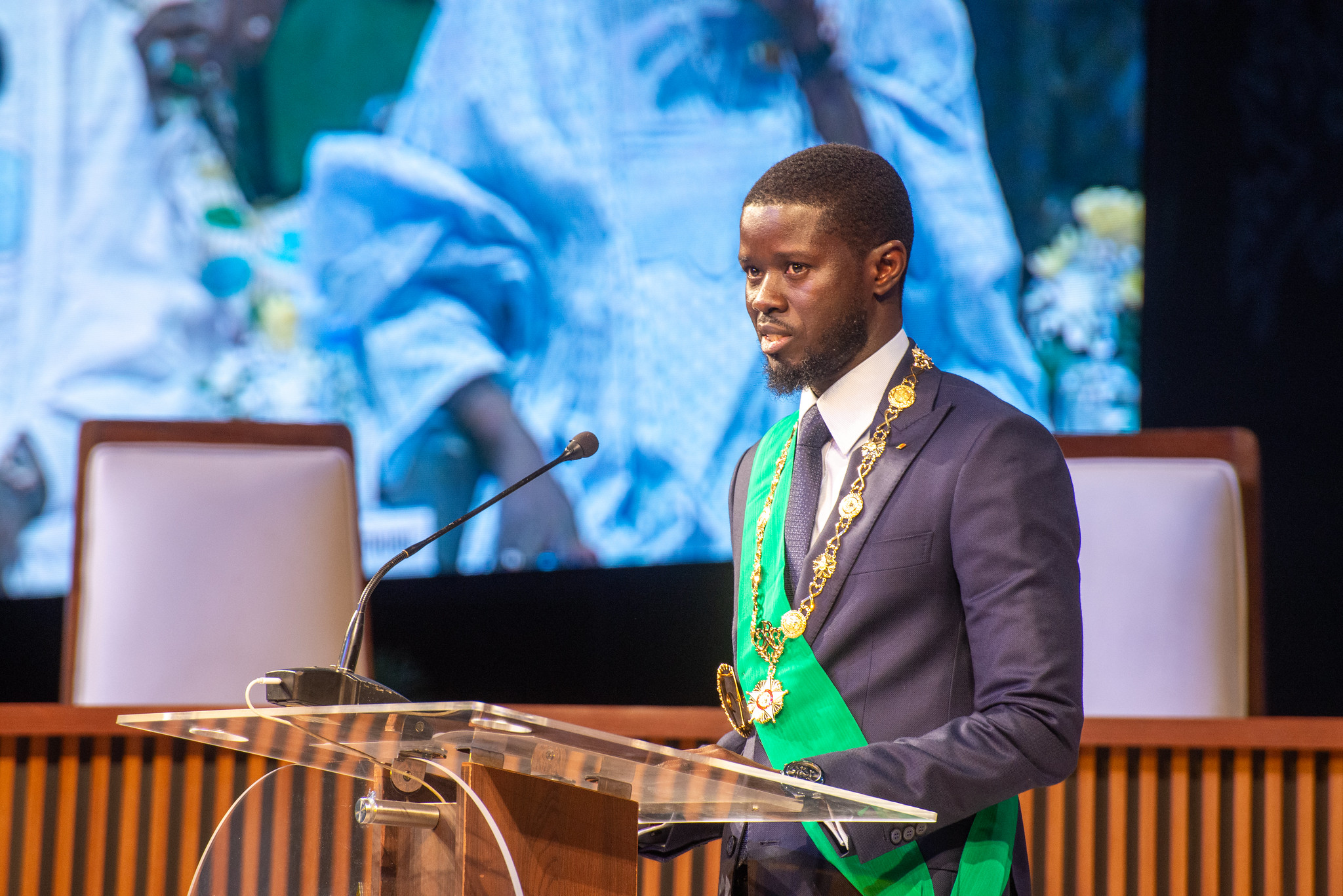It’s 248 days until the presidential election in Nigeria, barring any unforeseen changes. The upcoming poll marks the first time – since 1999 – that no incumbent president or vice-president will contest. The enactment of the amended Electoral Act in February 2022 has profoundly changed the landscape and the parties’ strategies, notably by implementing the electronic transmission of results and accelerating timelines for the party primaries and campaigns. However, the frontrunners are political veterans and do not mark a break from the past elections.
The ruling party’s candidate
Asiwaju Bola Ahmed Tinubu, a former governor of Lagos state (1999-2007) and national party leader of the All Progressives Congress (APC), emerged as the party’s presidential candidate on 8 June. He is one of the founding fathers of the APC and was a key player during the merger of the major opposition parties that formed it in 2013. Although Tinubu has not contested any national electoral positions since he concluded his second term as Lagos state governor in 2007, his landslide victory in the presidential primaries is evidence of his enormous level of influence within the party.
As a Southern Muslim, and with the submission of Kabiru Masari, a Muslim from Katsina State in the North, as his running mate, Tinubu’s presidential campaign is the first all-Muslim ticket for a presidential race by a major political party in Nigeria since the return to democracy in 1999. While this has likely been done to counter the opposition’s selection of a Northern Muslim candidate (see below), stakeholders, including some within the APC, have lamented the possibility that this could further exacerbate existing religious tensions across the country; as the predominantly Christian South could feel inadequately represented.
Tinubu’s political career has been marred with allegations of fraud, corruption and sponsorship of electoral violence. In 2007, the Code of Conduct Bureau tried him for the alleged illegal operation of 10 foreign bank accounts as a sitting governor, charges which were later quashed.
The main opposition party’s candidate
Atiku Abubakar (commonly referred to as Atiku), former vice president (1999-2007), secured the presidential ticket of the Peoples Democratic Party (PDP) on 28 May and is set to contest the Nigerian presidency for the sixth time in 2023.
Atiku is a career civil servant-turned-politician, serial entrepreneur, philanthropist and education enthusiast. During his tenure as vice president, he led the National Economic Council and National Council on Privatisation, where he was credited for designing the private sector revival strategy and opening the economy to investments, particularly in the ICT sector. His vision of breaking government monopoly and boosting the private sector’s role in infrastructure is revisited in his 2022 agenda.
Atiku’s candidacy marks a notable shift from the “gentlemen’s agreement” that power should rotate between the North and the South of the country. Not only are incumbent President Buhari and Atiku northerners – although they hail from two different political zones – they are also both Muslim and from the Hausa-Fulani group.
Atiku’s significant accumulation of wealth while in positions of influence in the government has attracted controversy. In 2007, a Senate inquiry recommended that he be prosecuted for allegedly diverting over USD 100 million in public funds to private interests. His career has been plagued with a series of allegations of illicit activities, including alleged dealings with a former US congressman convicted of bribery and corruption.
The third force
Various political parties, most notably the Labour Party (LP) and the New Nigeria National Party (NNPP), are seeking to establish themselves as a viable alternative to what has effectively been a two-horse race since Nigeria’s return to democratic leadership in 1999. The APC and PDP have historically secured on average over 90% of the valid votes cast in the presidential elections since 1999.
Peter Obi, the presidential candidate of the LP, and Rabiu Kwankwaso, the presidential candidate of the NNPP, are reportedly in negotiations to merge their platforms. Even if combined, the two parties are unlikely to have the national platform required to offer a credible challenge.
From 1999 till date, no third force party has secured up to 10% of the popular vote. Despite the rising popularity of the NNPP in Kano state and increasing support for Obi, the pattern of recycling politicians rejected from the two major parties dampens the chances of any meaningful third-force political party.
Key developments and recent dynamics
Defections across political parties remain a mainstay of Nigerian politics. This gives credence to the view that there are no clear ideological distinctions between parties and that the only party is ultimately the winning party.
This was evident in the governorship elections held in Ekiti state on 18 June, where Segun Oni decamped from the PDP and contested as the candidate of the Social Democratic Party (SDP). Although he did so within three months of the elections, he was able to amass significantly more votes than the PDP – supposedly the main opposition party in the state. This development shows the impact of individual candidates’ political clout irrespective of party affiliation, as well as a growing level of support for third force party candidates.
Still, votes are still likely to be cast largely along the lines of religion, ethnicity and personal interests. The 2023 presidential election will be no different. However, the deployment of electronic transmission of election results has introduced a new dynamic as it reduces avenues for manipulating votes. But it has also resulted in an increase in the monetisation of votes prior to being cast as the electronic transmission of votes addresses the menace of illicit snatching of ballot boxes and manipulation of votes cast. In this context, and as resources available for vote rigging and buying are stretched, it is likely that the growing electorate will become more and more likely to vote based on candidates’ qualifications, policies and ideologies.
Finally, low voter turnout has remained a critical issue in Nigeria, with voter turnout averaging approximately 44% in the last three presidential elections. Unlocking the turnout conundrum would be critical to the success of any party in the 2023 presidential election.
About the Author
Agwu Ojowu is a consultant at Africa Practice. He can be contacted at [email protected].
Proud to be BCorp. We are part of the global movement for an inclusive, equitable, and regenerative economic system. Learn more



